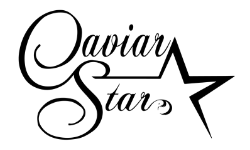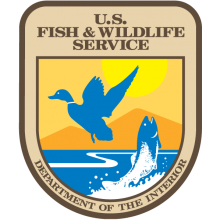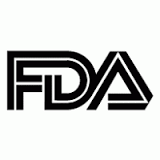Sustainable Caviar - How to be sure your delicacies aren't hurting wild populations

Caviar Star bases its Sustainability practices on a simple principle – meeting today’s needs without compromising the ability of future generations to meet their needs. In terms of seafood, this means wild catching or farming seafood responsibly with the consideration for long-term health of the environment and the livelihoods of the people that depend upon the environment. Our sustainable caviar comes from responsibly managed fish farms that maintain healthy fish populations and ecosystems.
Caviar Star caviar is certified by the Scientific Authority at the US Fish & Wildlife Service and US FDA and follows a strict food safety HACCP program for quality and safety of all of its products. All of our caviar is hand packed & quality checked for color, size, freshness, flavor and texture, but is also .
Caviar Star is very excited to say that all of our local, domestic and imported caviar is 100% sustainable. Supporting healthy and environmentally friendly practices is important to us as we believe that it produces a superior product for our customers. To guarantee that the products we sell are truly sustainable and adhere to the regulations set by the U.S. Government, Caviar Star/Great Atlantic Trading Inc. and its suppliers are inspected and authorized yearly by the following organizations:
How to know the caviar you receive is sustainable
Ca
U.S. Fish and Wildlife Service (FWS) - The trade of sturgeon/paddlefish caviar and meat is carefully regulated by the U.S. government. All import and export of these products must meet CITES requirements and must be declared to a U.S. Fish and Wildlife Service Inspector. Each wild-caught sturgeon and paddlefish harvested from U.S. waters is to be documented and reported to the FWS as well. Types of sturgeon that are listed as a threatened or endangered species are banned by FWS and illegal to buy and sell inside the United States of America.
Animal and Plant Health Inspection Service (APHIS) - This branch of the U.S Department of Agriculture (USDA) plays a vital role in ensuring the free flow of agricultural trade by keeping U.S. agricultural industries free from pests and diseases and certifying that the millions of U.S. agricultural and food products shipped to markets abroad meet the importing countries' entry requirements. They also keeps export markets open for American agricultural products by working to eliminate unjustified sanitary or phytosanitary (SPS) barriers. The APHIS plays an important part in observing and regulating the health of any plants and animals being traded in the domestic or global market in order to protect the world from the spread of infestation, disease, and foodborne illness.
National Oceanic and Atmospheric Administration(NOAA) - This branch of the U.S. Department of Commerce ensures, through science-based decision-making and compliance with regulations, that fisheries and fishing communities are both productive and sustainable. It also aims to recover and conserve protected marine resources by monitoring the domestic and international trade of such resources, inspecting the sources and distribution centers of marine products, as well as collecting and analyzing data at NOAA's five regional offices, six science centers, and more than 20 laboratories across the United States and U.S. territories.
Hazard Analysis Critical Control Point (HACCP) - This branch of the Food and Drug Administration (FDA) is a management system in which food safety is addressed through the analysis and control of biological, chemical, and physical hazards from raw material production, procurement and handling, to manufacturing, distribution and consumption of the finished product. The HACCP assesses every aspect of the processes involved in making food goods as well as inspecting the facilities and equipment that come into contact with the product.
Dry Goods
Our non-seafood items are produced by small, often family owned companies. All of our suppliers must comply with U.S.A. health standards and have FDA authorization in order to reach the American marketplace. Additionally, we validate each suppliers production techniques to make sure our products were made using natural ingredients and green practices, protecting sources of key ingredients for years to come.



 (888) 268-8780
(888) 268-8780



